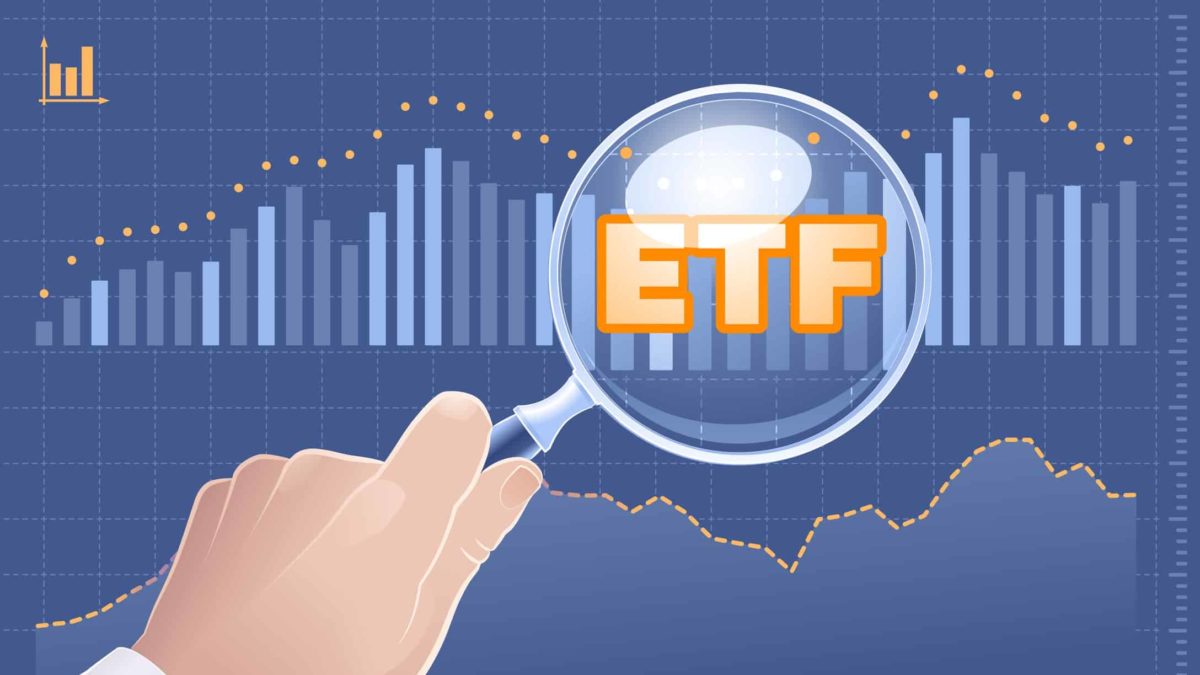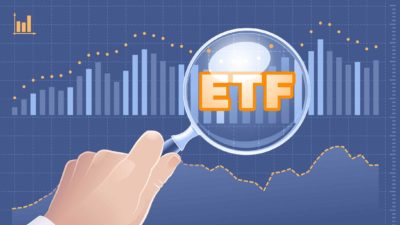Of all the index funds on the ASX, those that track the Nasdaq 100 Index have delivered some of the greatest returns in recent years.
Propelled by their huge stakes in the stellar 'magnificent seven' tech stocks, exchange-traded funds (ETFs) like the BetaShares Nasdaq 100 ETF (ASX: NDQ) have delivered some breathtaking returns for investors, that make our own ASX seem very tame by comparison.
Just take NDQ units.
Over the 12 months to 31 January 2024, this ETF has returned an astonishing 51.31% (including dividend distributions). The fund has also averaged a Warren Buffett-esque 22.63% per annum over the past five years.
Until recently, the BetaShares Nasdaq 100 ETF was the only Nasdaq-specific fund on the ASX. But last year, it was complimented with the addition of the Global X US 100 ETF (ASX: N100).
Given the kinds of numbers above, it's not too surprising to see that the ASX has just welcomed not one, but two more ETFs that give investors additional Nasdaq exposure.
Betashares just yesterday launched the BetaShares Nasdaq Next Gen 100 ETF (ASX: JNDQ), as well as the BetaShares Nasdaq 100 Equal Weight ETF (ASX: QNDQ).
Both of these ETFs give investors exposure to Nasdaq stocks. But both offer different paths to doing so. We'll start with the Nasdaq 100 Equal Weight ETF, as it's a little simpler to explain.
Two new Nasdaq ETFs hit the ASX
So like most index funds, the BetaShares Nasdaq 100 ETF (NDQ) holds the 100 shares in its portfolio in weighted proportions. This means that the largest shares (by market capitalisation) take up far more room in the fund's portfolio than the smaller ones.
To illustrate, right now Microsoft – the largest public company in the world at present – commands an NDQ weighting of around 8.8%. In contrast, one of the smaller holdings in this ETF is the pharmacy chain Walgreens Boots Alliance. It holds just a 0.1% weighting in the same portfolio.
However, the QNDQ ETF seeks to change this paradigm. As its name implies, this fund gives every stock in the Nasdaq 100 an equal weight, meaning that Microsoft has the same level of weighting and influence on this fund as Walgreens. That would be around 1%.
The Nasdaq Next Gen 100 ETF is a little different though. Instead of holding the largest 100 shares on the Nasdaq (as NDQ and QNDQ both do), it tracks the largest 100 shares outside the Nasdaq 100 (the Nasdaq 101-201 if you will).
So rather than having access to names like Microsoft, Apple, Amazon and Tesla, you're getting smaller companies like eBay, DraftKings, Zoom Video and Baidu.
On day two of these funds' ASX lives, both are doing well and are above the price the units listed at yesterday. But it will be interesting to see how both of these new Nasdaq ETFs go over longer periods of time, especially compared to the uber-popular BetaShares Nasdaq 100 ETF.









